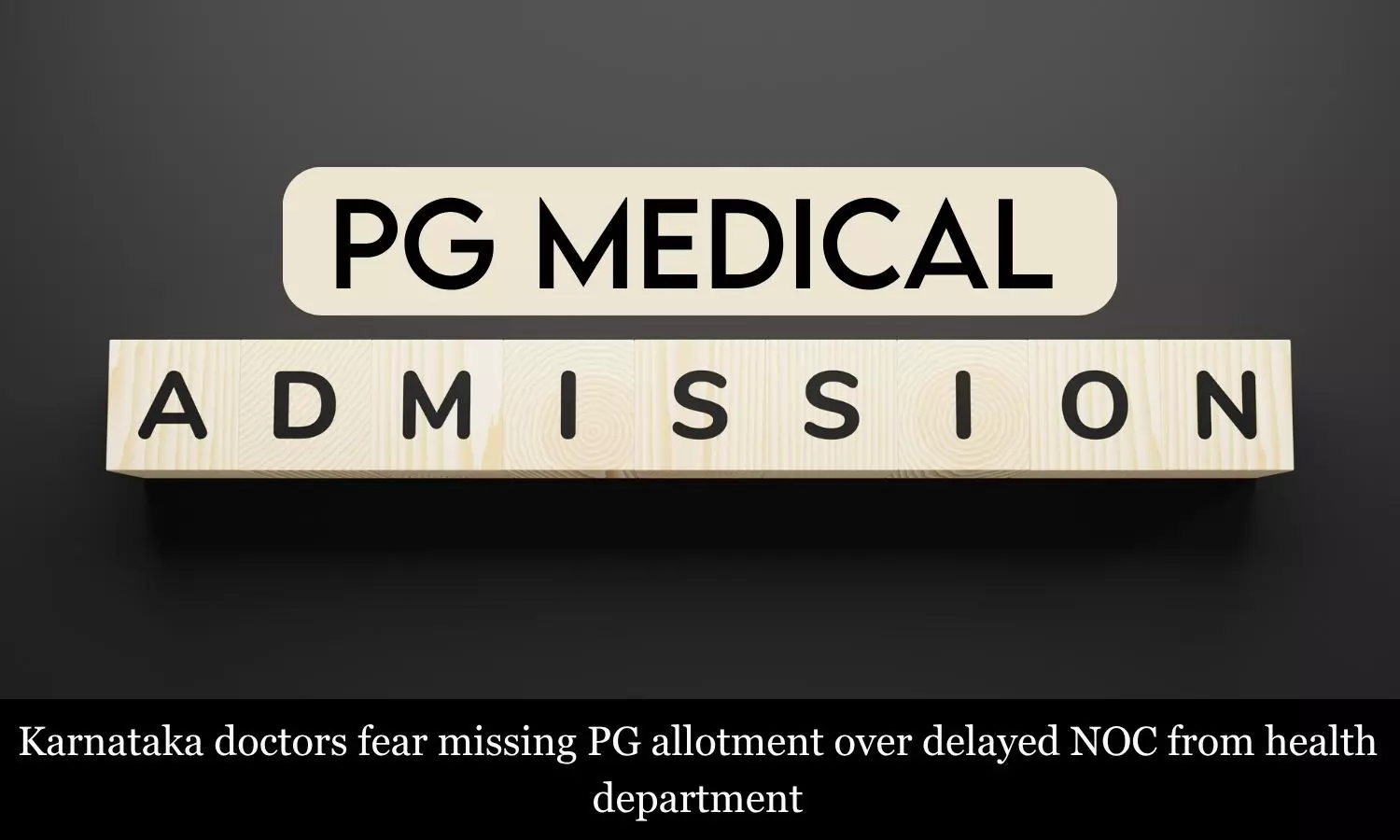Copyright newstatesman

Britain’s healthcare system is under strain from pressures it was never designed to handle at such scale. A service built in an era of short illnesses and early deaths now faces a population living longer with multiple chronic conditions – and deepening inequalities that medicine alone cannot fix. And the case for reform is about much more than healthcare. Record levels of sickness-related inactivity have seen roughly one in five adults living with a condition impacting employment. Prevention is framed as fundamental to the country’s economic future; health and growth as part of the same project. As Andrew McCracken, assistant director for external affairs at the King’s Fund, opined to the New Statesman during a panel discussion at this year’s Labour Party conference: “You can’t grow an economy if millions are too unwell to participate.” Around eight million working-age people now report a long-term condition that limits their ability to work, and roughly three million are out of the labour market altogether. The link between poor health and low productivity is well established. Places with the lowest healthy life expectancy also tend to have the weakest labour markets and the heaviest demand on NHS services. In the most deprived parts of the country, men live about a decade less than in the richest; for women, the gap in years lived in good health is closer to 18. Labour’s ten-year plan for the NHS is meant to break this cycle. Its emphasis on screening, early intervention and community-based care marks a shift from a system that treats disease to one that tries to prevent it. But ambition alone won’t deliver results. Much of the NHS still relies on paper records; hospital and GP systems don’t talk to each other; patients receive appointment letters after the date has passed. “There’s a gulf between what’s scientifically possible and what people experience day to day,” McCracken says. “We’ve got to fix the boring stuff before we can deliver the exciting stuff.” That “exciting stuff” is the promise of a genuinely preventive NHS: one that uses genetic data, routine blood tests and digital records to identify risk years before symptoms appear. A push towards “predictive prevention” – spotting risk early through data, genomics and new technology – is central to reform. But making that work requires more than merely leveraging advancements in tech; it means building reliable data systems, clear rules on how they are used, and a culture that sees people before they are broken. The ability to act before illness takes hold could save not only lives but vast sums of public money. Scaling such capabilities will remain a hypothetical without the mundane groundwork of shared databases, interoperable systems and basic administrative competence. For fellow panellist at party conference, Josh Fenton-Glynn, Labour MP for Halifax and a member of the Health and Social Care select committee, prevention is not just a clinical issue but an administrative one. A former councillor and social care lead, he has seen first-hand how poor coordination can waste money and weaken outcomes. “The NHS accounts for about 40 per cent of government spending,” he says. “If we’re trying to get growth, it has to be part of it.” He argues that the NHS should be viewed not as a cost centre but as a platform for innovation – a single national system that, if joined up properly, could be the world’s best test bed for early diagnosis. “We talk about AI, but a GP still needs numerous passwords to log in,” Fenton-Glynn adds. “We’ve not managed large IT projects well. That has to change.” A government elected on promises of “a healthier Britain” must prove that technology and reform can work together without eroding trust. Digital modernisation should make the NHS fairer, not more fragmented. Pilot schemes and white papers mean little without shared standards, transparency and a clear public mandate. Sir Rory Collins, professor of medicine and epidemiology at the University of Oxford and chief executive of UK Biobank, has spent decades turning population-level data into public benefit. “You can’t prevent what you can’t see,” he tells the audience in Liverpool. “You can’t work out whether you’re implementing preventive strategies if you can’t gauge what’s being implemented.” At present, the NHS can see what happens in hospitals but not in GP surgeries, where records are held by commercial software suppliers. That, Collins argues, makes it impossible to know whether proven interventions – controlling blood pressure, managing cholesterol, screening for cancer – are reaching patients at required scale. His solution is both straightforward and complex: data consolidation. A national health-data service combining primary and secondary care, registries and diagnostics, all under NHS control, would allow the system to track progress and apply new tools safely. “The data is already there,” Collins says. “We just need to bring it together.” UK Biobank, which has followed half a million volunteers over two decades, shows what’s possible: long-term genetic and lifestyle data that have already reshaped understanding of disease development and prevention. But public trust is questionable. Britain’s experience with the care.data programme – an NHS England attempt a decade ago to link GP and hospital records that collapsed after a backlash over privacy – still casts a shadow. McCracken believes any new system must be open about what’s being shared, why it matters and how patients benefit. Within the NHS, there is still uncertainty about working with private technology partners. “If we want innovation, we need governance frameworks that protect patients but give professionals confidence to collaborate,” he says. “Right now, Government hasn’t quite done that work.” The ethics of predictive prevention reach beyond privacy. Questions of consent, accountability and fairness loom large: who gets flagged for screening, who decides what risk means, and what support follows? Without openness, data-driven care could deepen inequalities. Fenton-Glynn argues that innovation should start where the need is greatest. “Too many pilots happen in affluent suburbs,” he says. “We need to make sure the most deprived areas are where new models of care are tested first.” Every prevented case of diabetes or earlier cancer diagnosis delivers value to both individuals and the public purse. Labour’s “missions” agenda links those goals directly: better health as a driver of growth. But investment will be essential – in data platforms, digital literacy and local services that keep people well rather than waiting for them to fall ill. “We’ve got the science and technology,” McCracken says. “What we lack is consistency and coordination.” Collins sees prevention as part of a wider social contract. Medicine alone has never delivered the biggest health gains. “What got people to stop smoking wasn’t their GP saying ‘don’t smoke’,” he says. “It was taxation. And what will change obesity? The same.” Predictive tools can identify risk, but society still has to decide what to do with that – through housing, food policy, education and local government as much as through the NHS. And a blend of science and policy will define whether predictive prevention works. A purely biomedical approach could turn ordinary life into a clinical risk map; an entirely social one wastes the potential of technology. The next phase of reform must leverage systems that flag danger early, and public policy that makes healthy living achievable. Despite the scale of that challenge, Fenton-Glynn is cautiously optimistic. “Technology is moving fast,” he says. “The NHS is the biggest healthcare system in the world – if we get this right, we can lead globally.” Prevention, he adds, should not be an add-on but “the organising principle” of reform. “It’s better for industry and for patients. It means parents spending more time with their kids because their cancer was caught early. That’s what it’s about.” Collins shares that sense of opportunity. During the pandemic, he recalls, Britain proved it could join data quickly and use it safely to guide national decisions. “Then we stopped. We need to be less afraid of sins of commission and more afraid of sinsof omission.” McCracken’s benchmark is simpler: a health system that no longer spends most of its time treating what could have been prevented. “The science is there, the technology is there. Surely we can do the implementation bit now.” Predictive prevention isn’t a slogan, miracle cure, or Philip K Dick-inspired fantasy. Rather, it’s a fundamental feature in delivering a change in posture – treating the NHS as part of Britain’s economic and civic infrastructure rather than an emergency service of last resort. If the next decade brings steady investment in data, trust and equity, the UK could yet show how a universal health service becomes a preventive one. The hard part will be staying the course: joining the systems, earning confidence, and proving that early intervention can be humane, sustainable and genuinely transformative. This article first appeared in Spotlight on Heathcare: Designing a healthier future



